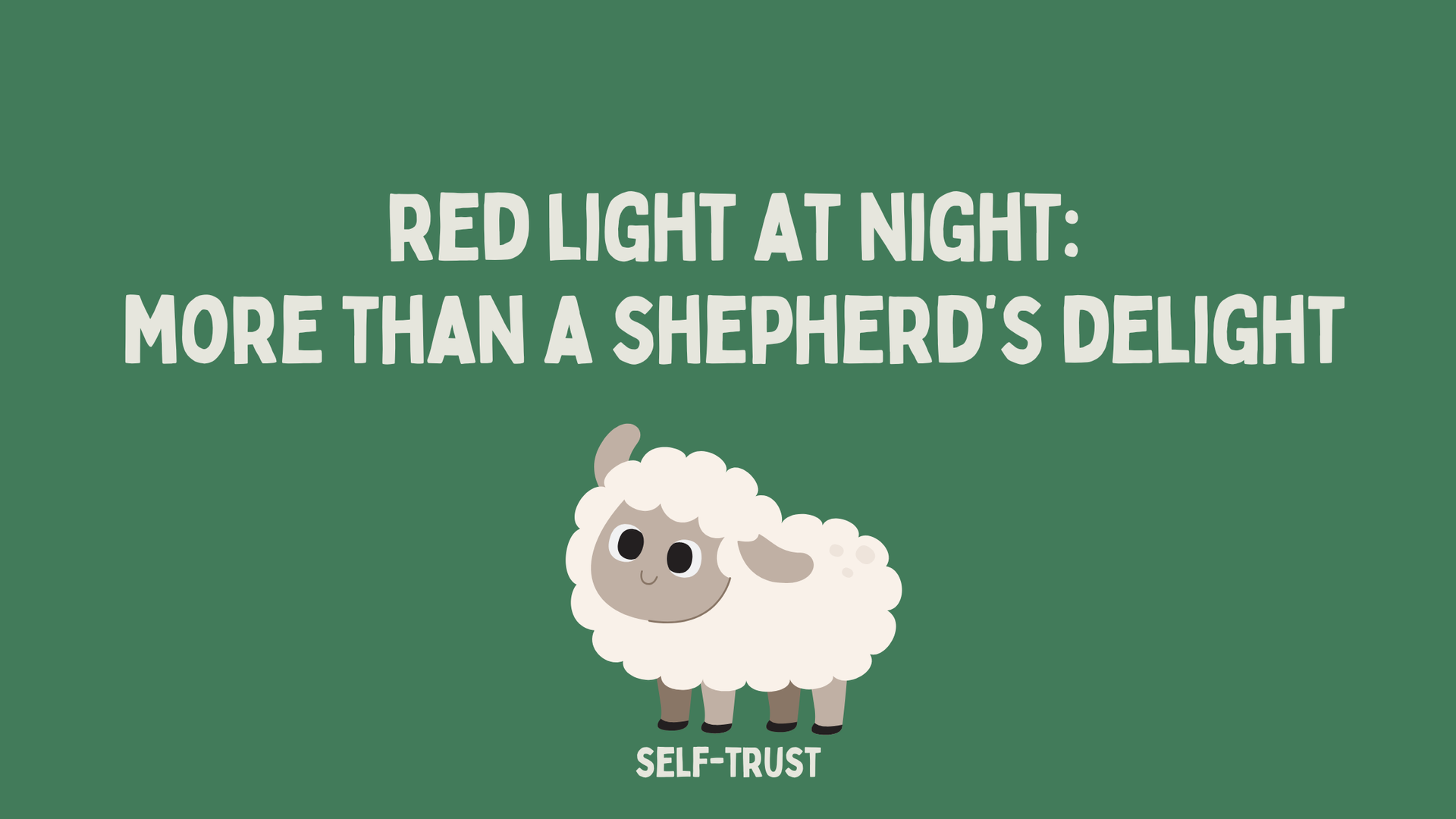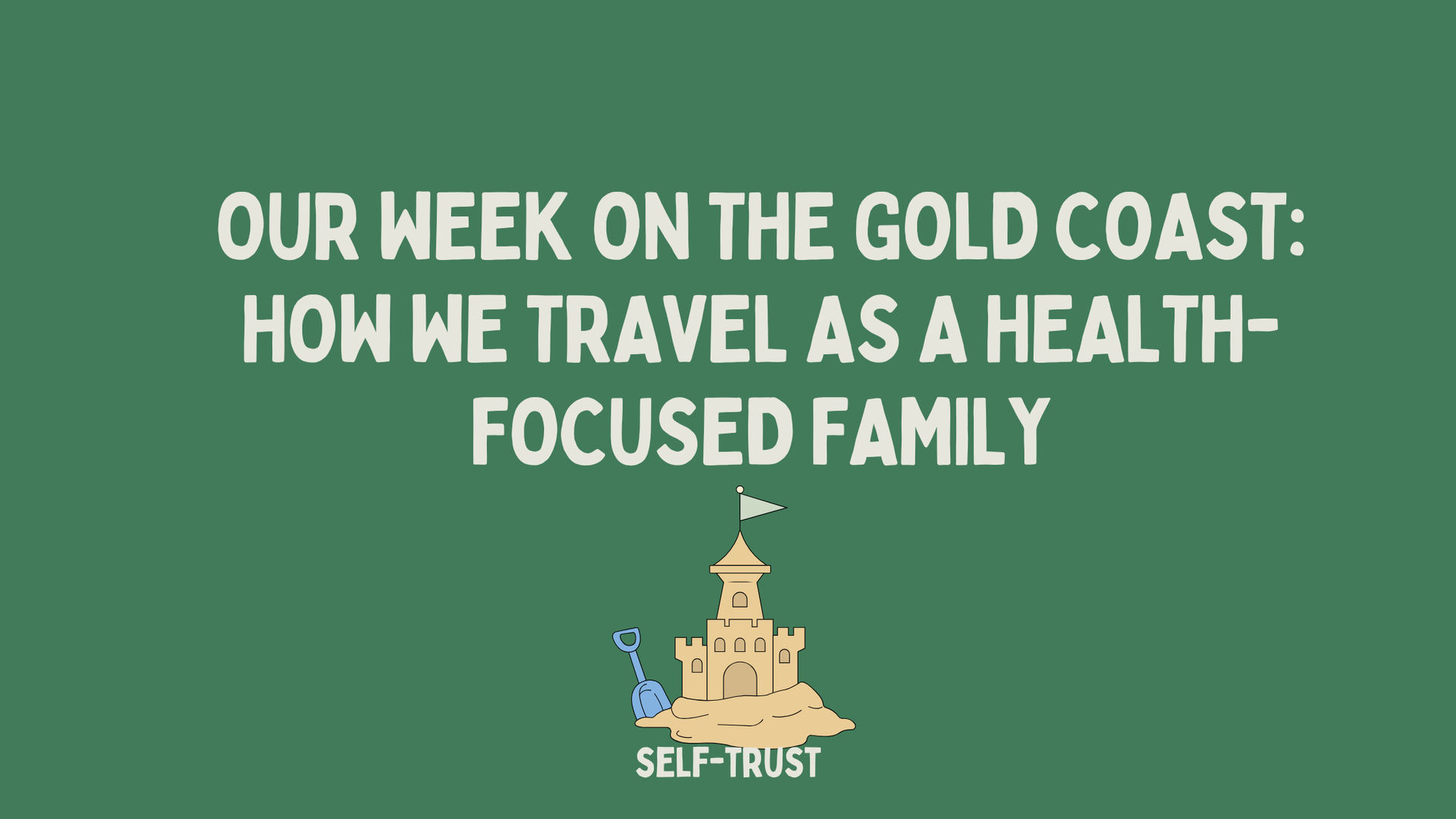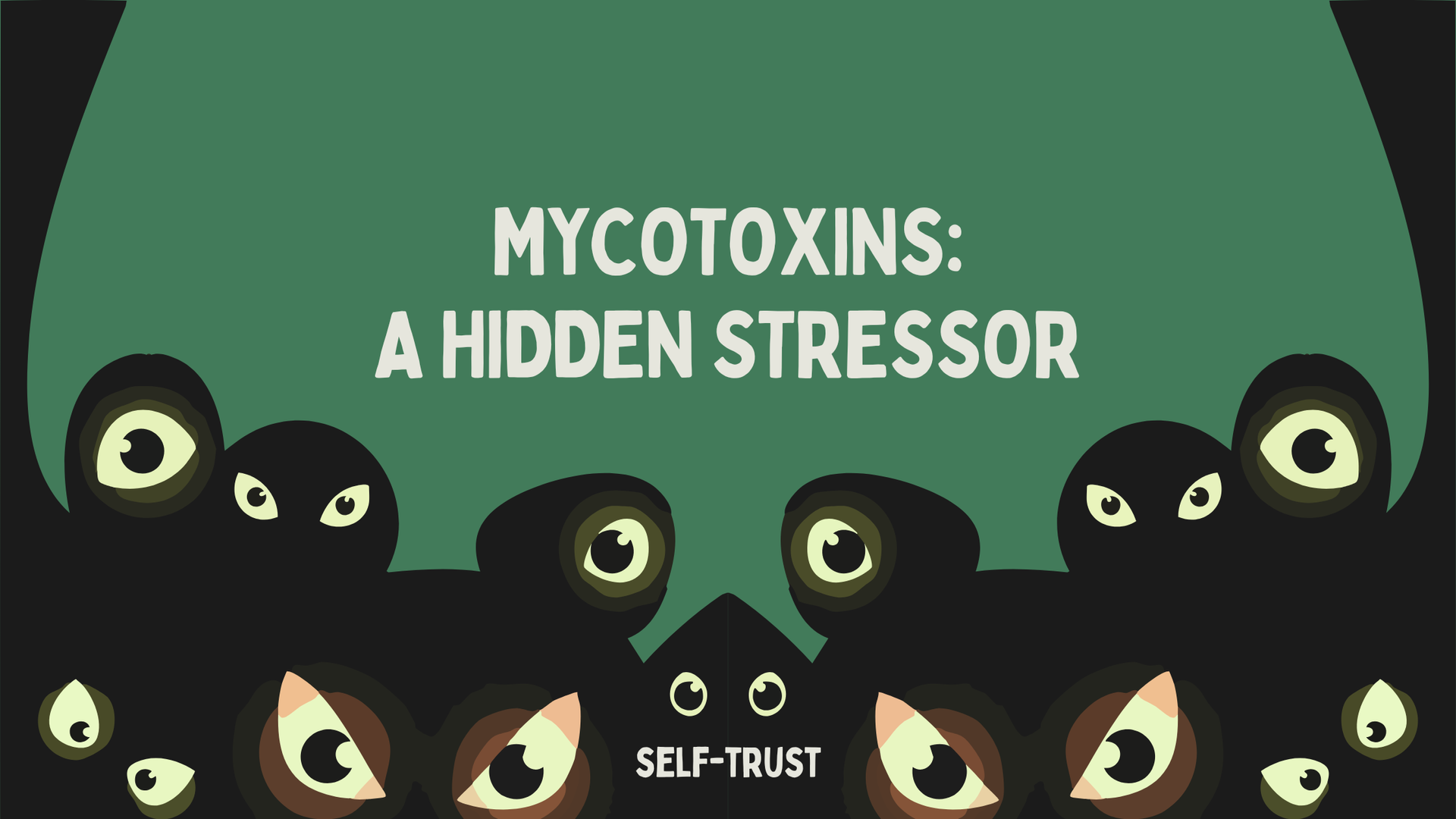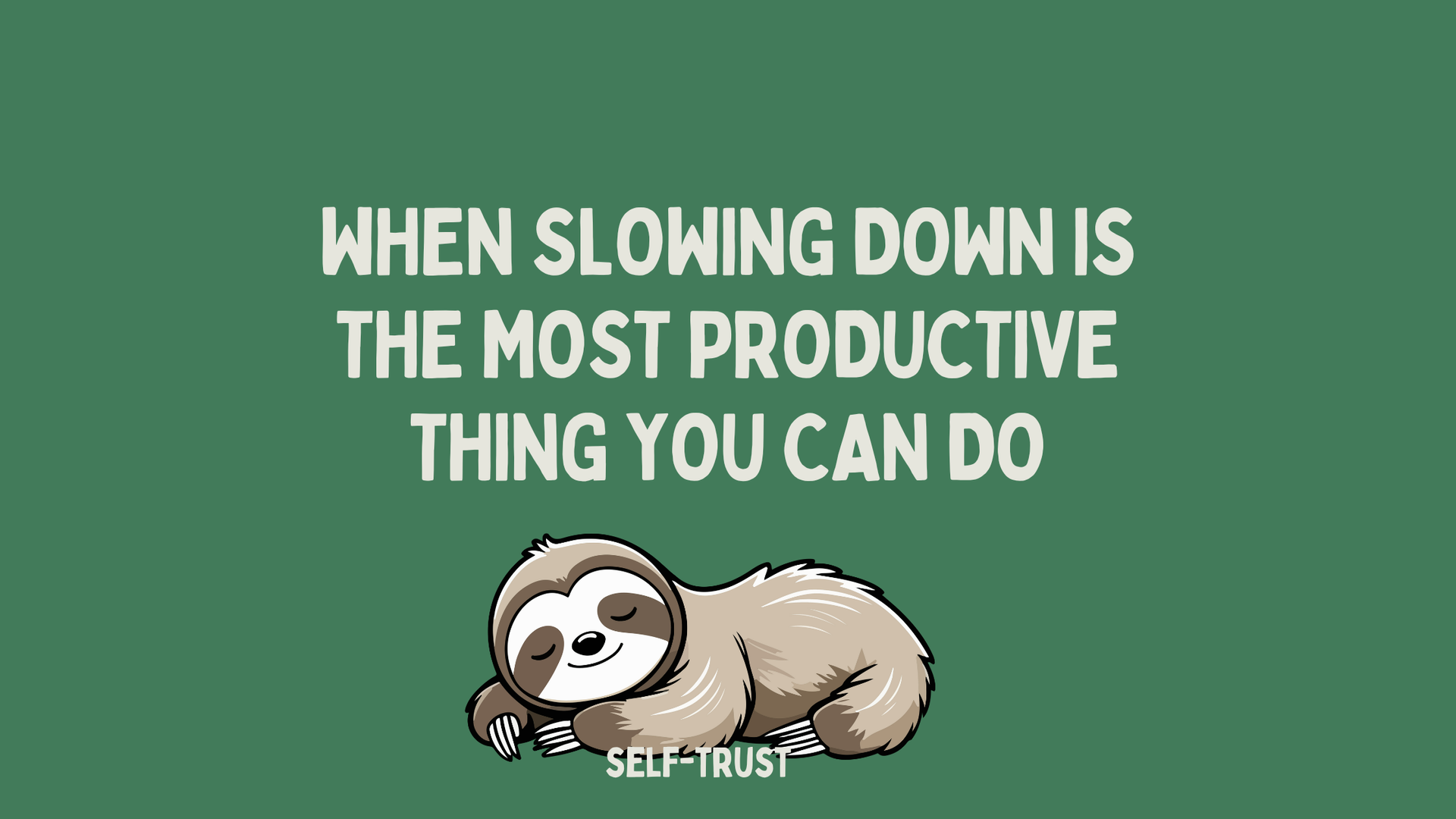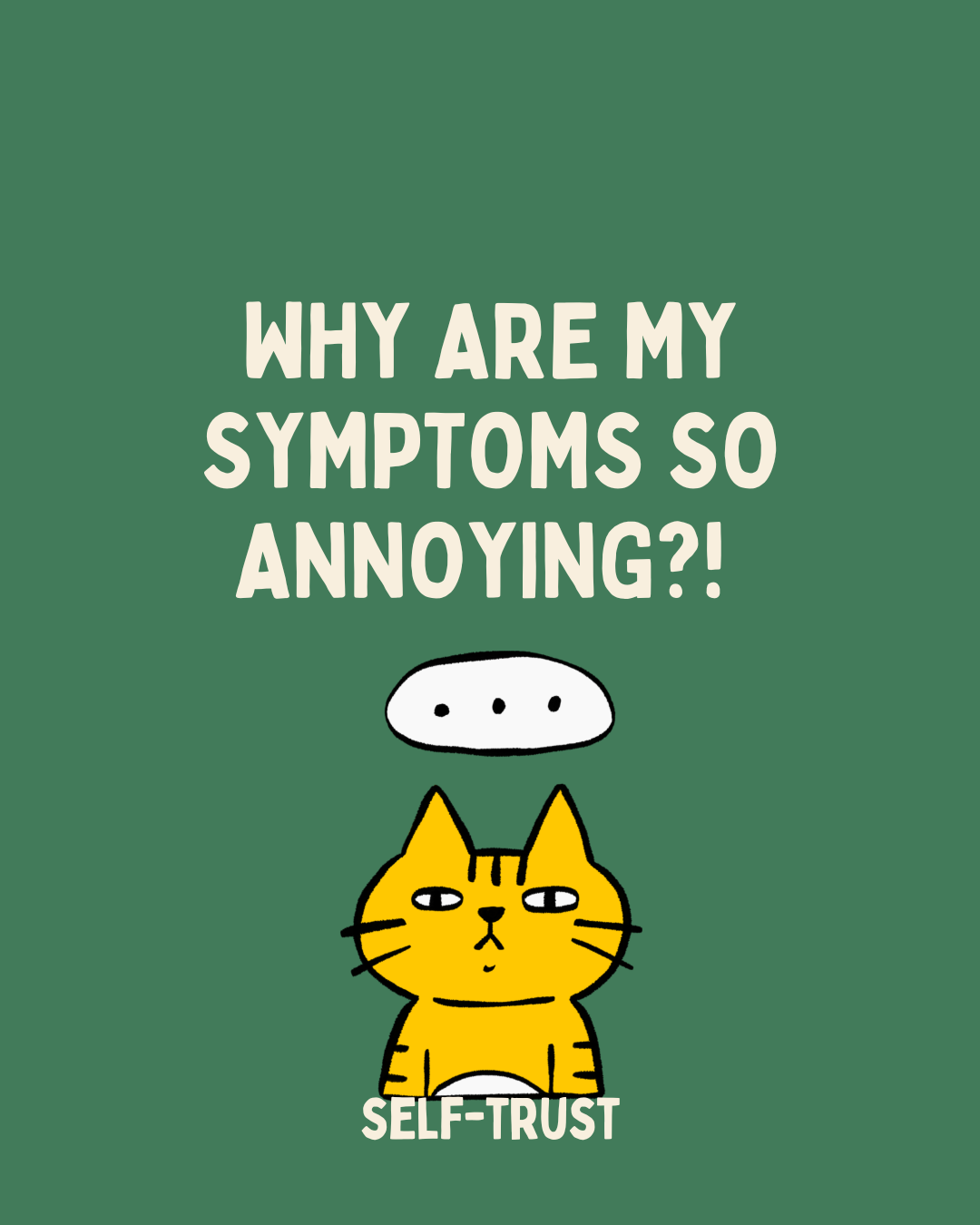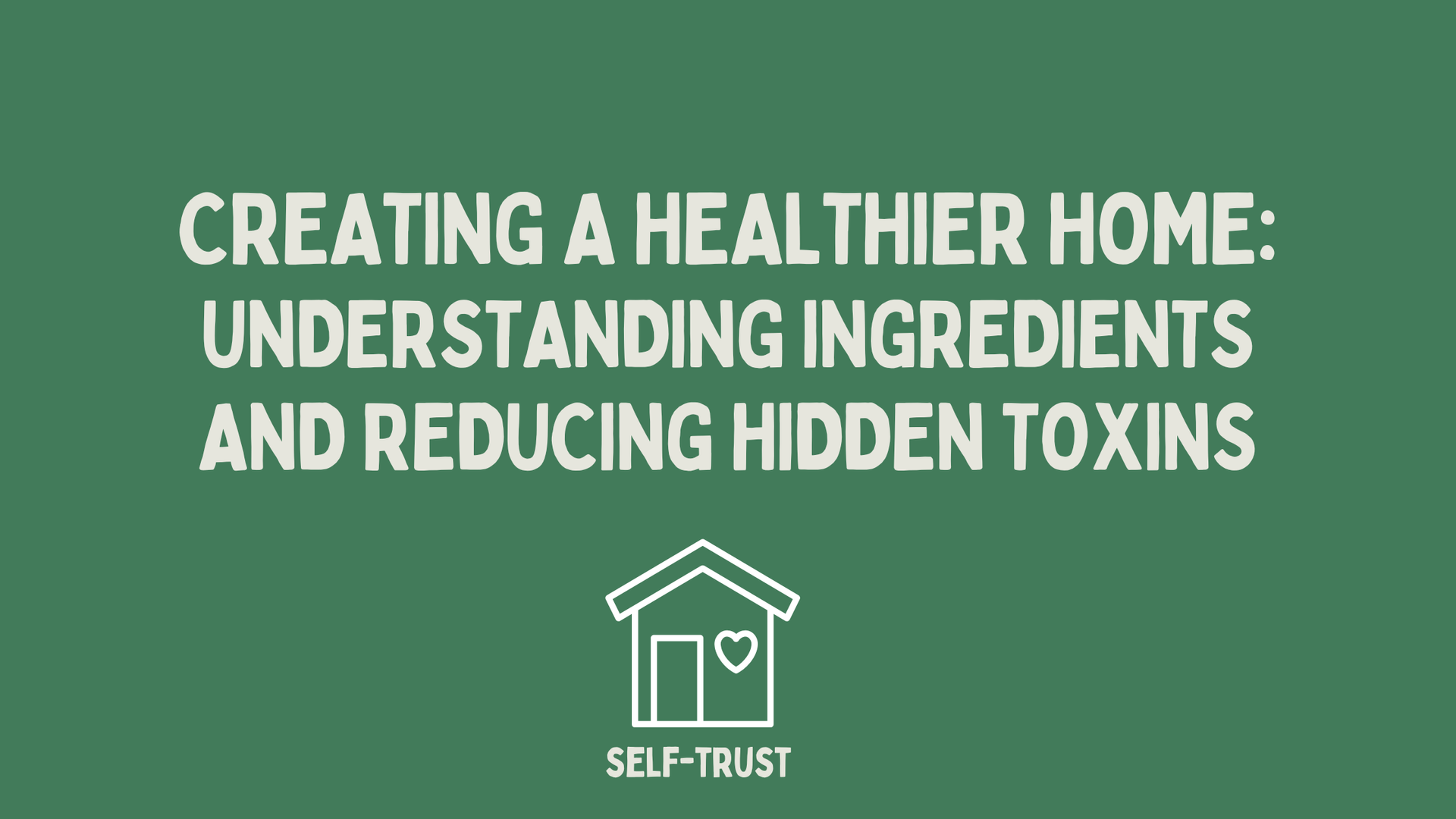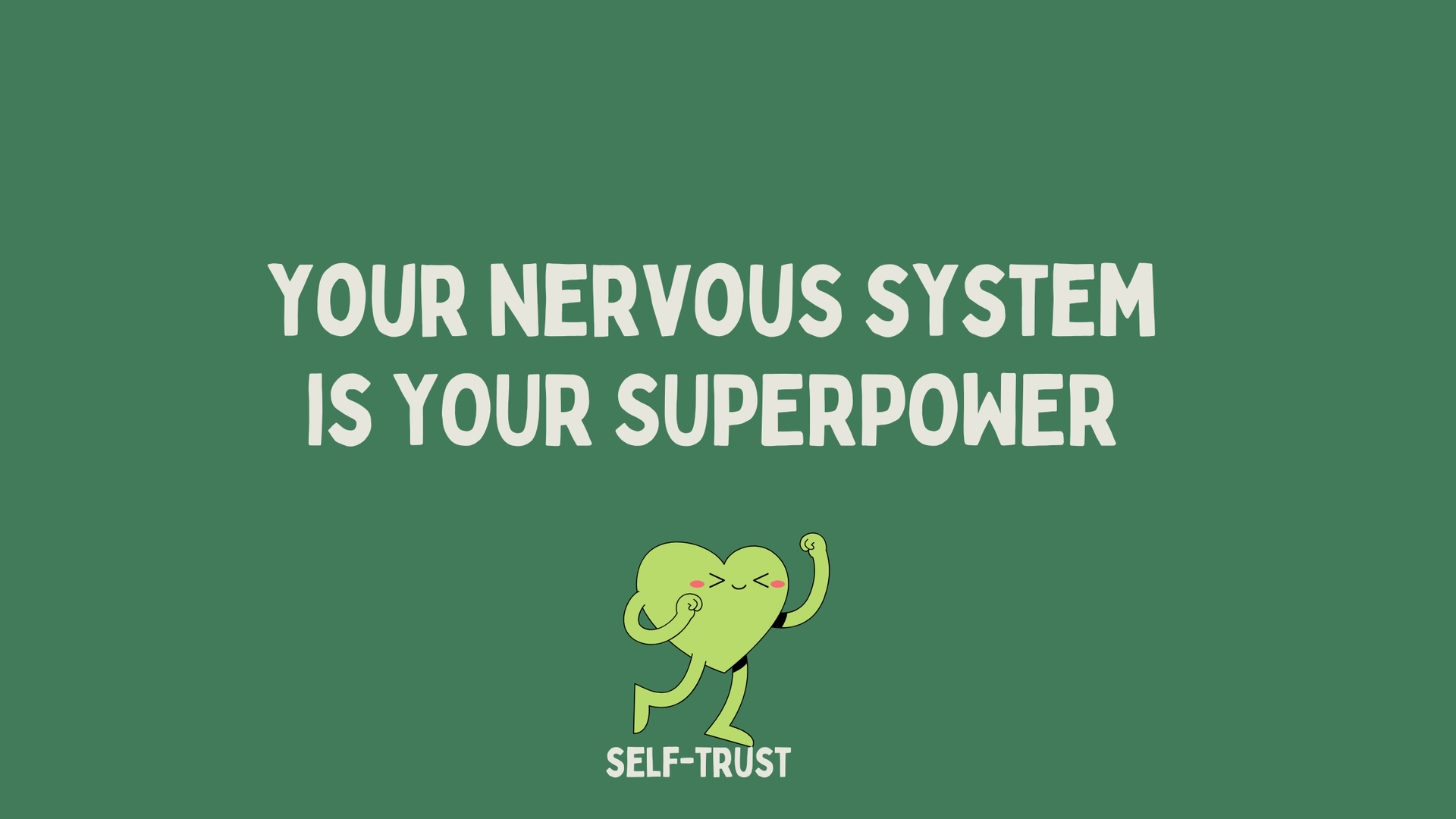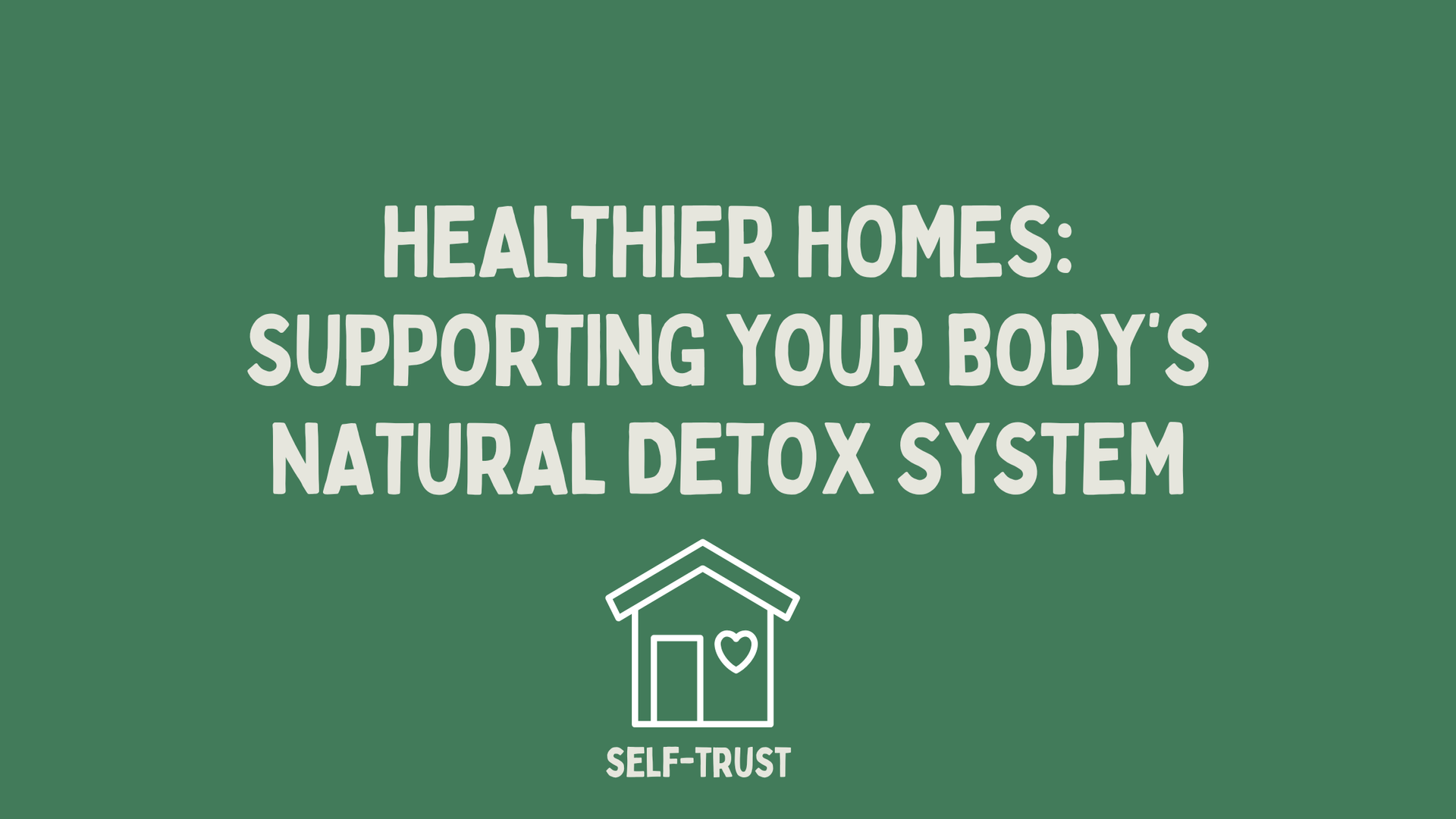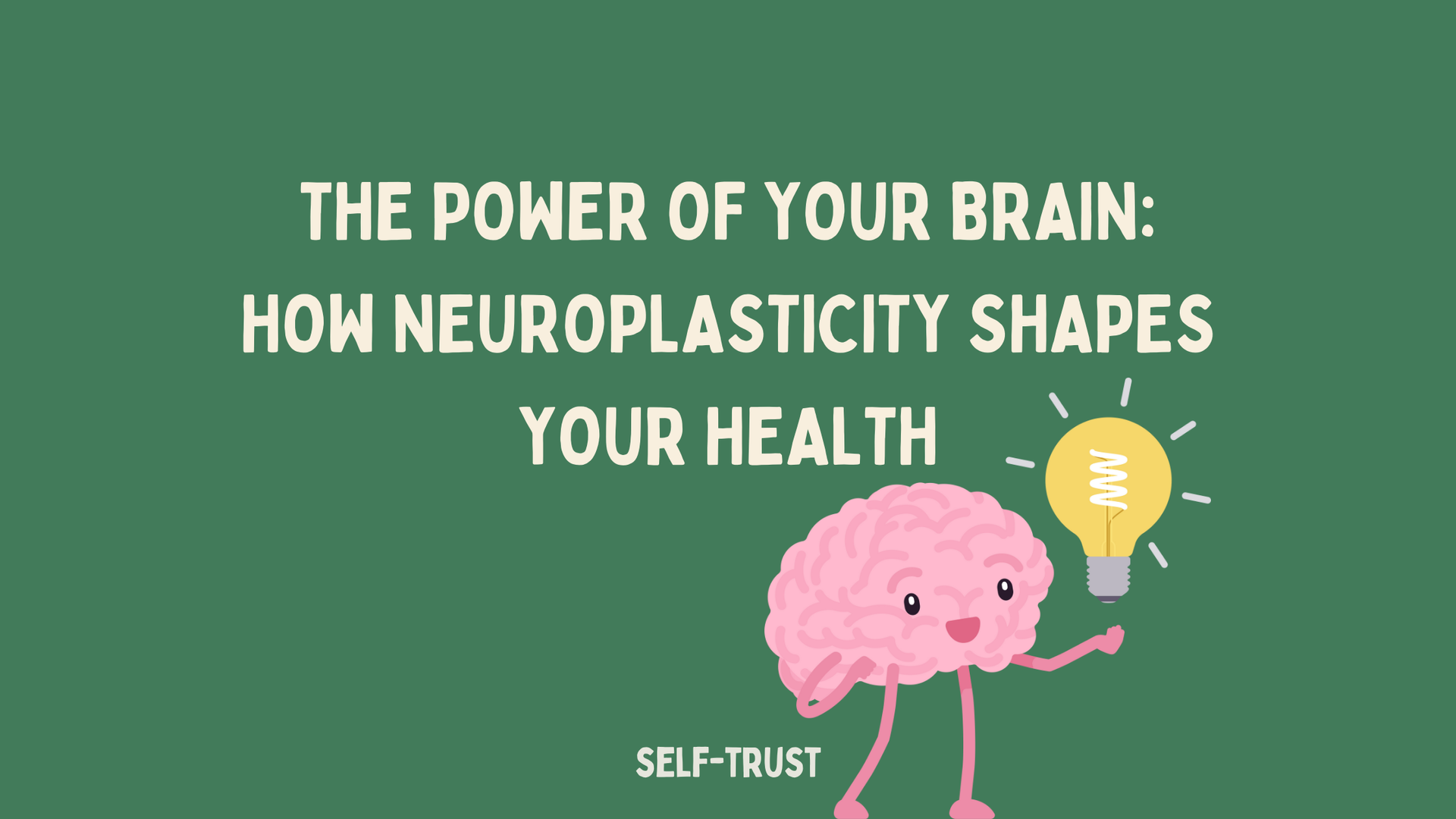Meeting Your Biological Needs: Your Life is Your Medicine
Your Biological Needs as a Biological Creature
At the end of the day, we are still biological creatures. Our bodies have evolved over thousands of years, but at their core, our systems function much the same way they always have. We are wired with deep biological needs, and when we learn how to meet them in a way that truly feels good, health stops being something we "work on" and instead becomes the natural by product of living in alignment.
This is the idea that your life is your medicine.
When your lifestyle soothes your system and feels nourishing - when movement feels like play rather than punishment, when food excites your senses and leaves you satisfied, when your relationships light you up rather than drain you - you are living in a biologically correct way. And your body knows it, because it feels really, really good.
Listening to What Feels Good
The clearest sign that something is supporting your health is that it feels satisfying.
- Movement: Exercise doesn't need to be intense, punishing, or something you dread. The right kind of movement for you will feel fun, energising, and deeply satisfying. You'll finish not depleted, but uplifted. Sometimes that might look like a long walk outside, other times like dancing in the kitchen or stretching on the floor. If your body feels wrecked or unwell afterward, that's information - it's not the right approach for your biology right now.
- Eating: The same is true for food. Meals are to be enjoyed. Ideally you crave every single mouthful and feel nourished both immediately after eating and in between meals. If you feel constantly hungry, unsatisfied, or uninterested in what's on your plate, that's a sign to re-examine your choices.
- Work and Relationships: Health isn't just about food and exercise. If the work you do or the relationships you're in feel heavy, draining, or filled with dread, that is a biological stressor too. Our bodies keep score. These are opportunities to pause and ask, Why am I choosing this? and What would actually feel good for me here?
The Core Biological Needs
Even though we live in a modern world, our nervous systems are still wired for the same fundamental needs as our ancestors. Meeting them is what allows your body to regulate, heal, and thrive.
1. Connection
As humans, we are wired for belonging. Our biggest fear is isolation, because historically being cut off from the tribe meant danger. This is why healthy, supportive relationships are not just "nice to have" - they are medicine in your life.
- Surround yourself with people who soothe you, encourage you, and want to see you well.
- Notice which relationships bring stress, shame, or sabotage, and consider where you need new strategies or boundaries.
- Loving, secure connections boost oxytocin, calm your nervous system, and reduce the pull toward unhealthy coping behaviours.
2. Rest
Rest tells your body it is safe. Deep sleep, downtime, and rhythms of relaxation are essential for stabilising your nervous system and signalling to your brain and hypothalamus that you can shift out of survival mode.
- Chronic stress - whether from work, relationships, finances, or trauma - can make true rest difficult.
- Prioritising rest doesn't mean more sleep; it also means finding ways to soothe stress, reduce stimulation, and honour your circadian rhythm.
3. Movement
Your body is designed to move daily, but in a way that energises, not exhausts.
- Gentle movement - walking, stretching, playful activity - can be enough to reset your nervous system.
- Movement in nature is especially powerful. Sunlight, fresh air, and green spaces regulate hormones, boost neurotransmitters, and align your circadian rhythm.
- The best exercises leaves you feeling good-tired, not burnt out.
A Life That Feels Like Medicine
When you live in tune with your biological needs - connecting with others, resting deeply, moving joyfully, and eating in a way that excites and satisfies - you are no longer chasing health. You are living it.
Your body will tell you when you're on the right path: you'll feel soothed, energised, connected, and alive. And that is the simplest, most powerful medicine of all.
Reflection: Take a moment right now to reflect and notice: which part of your life already feels like a healing balm to your soul? What feels like medicine? And which part might need a shift toward what truly feels good?

